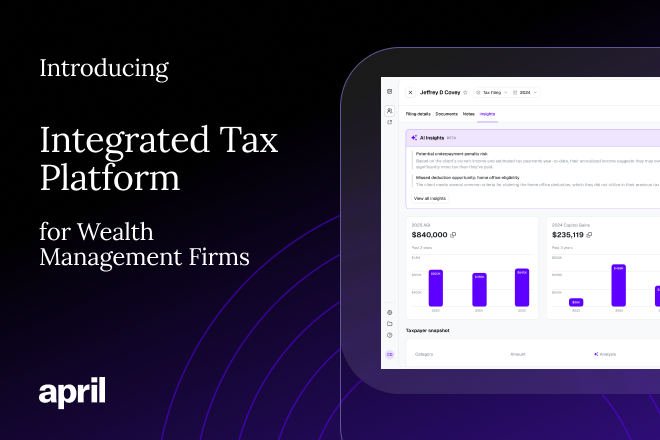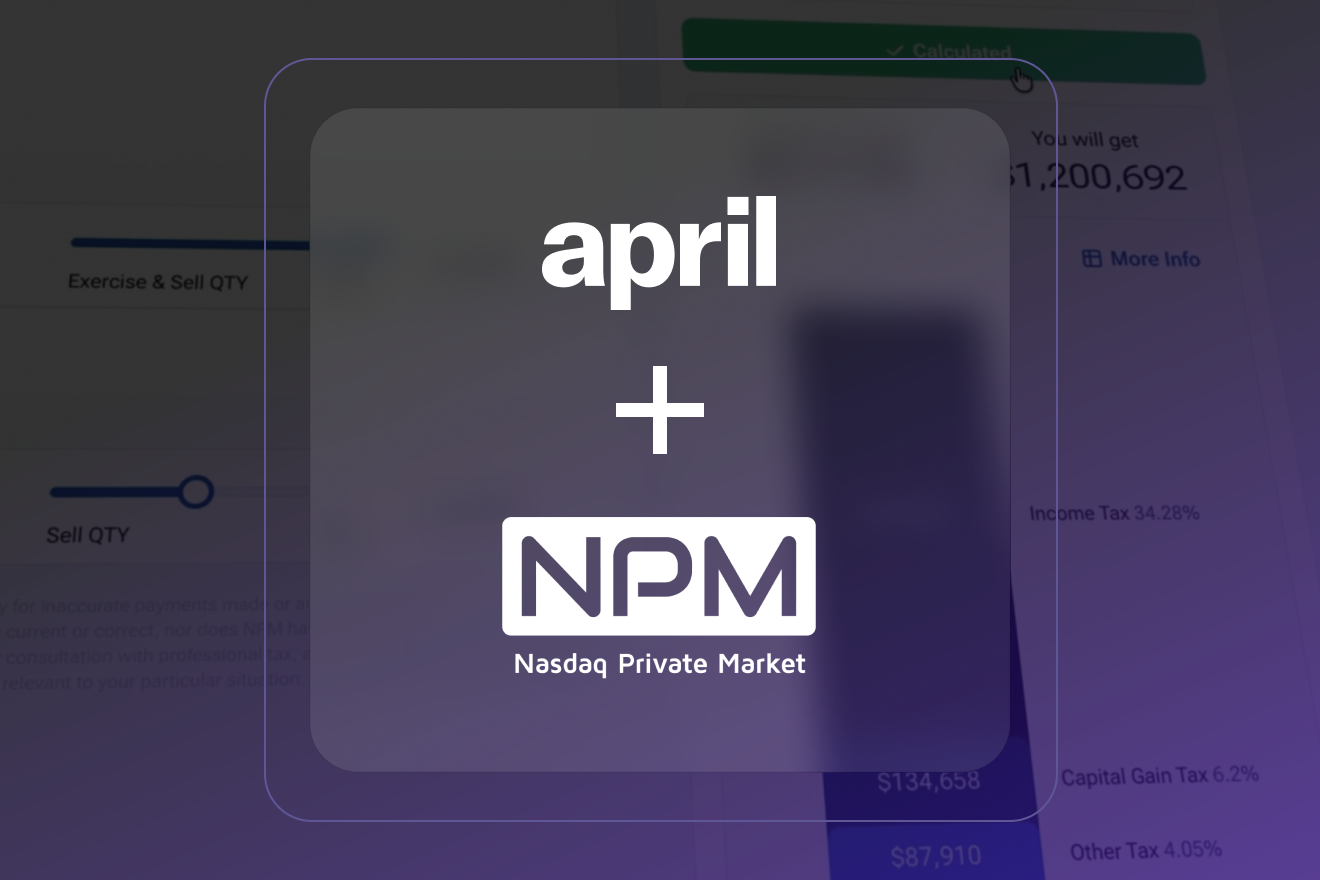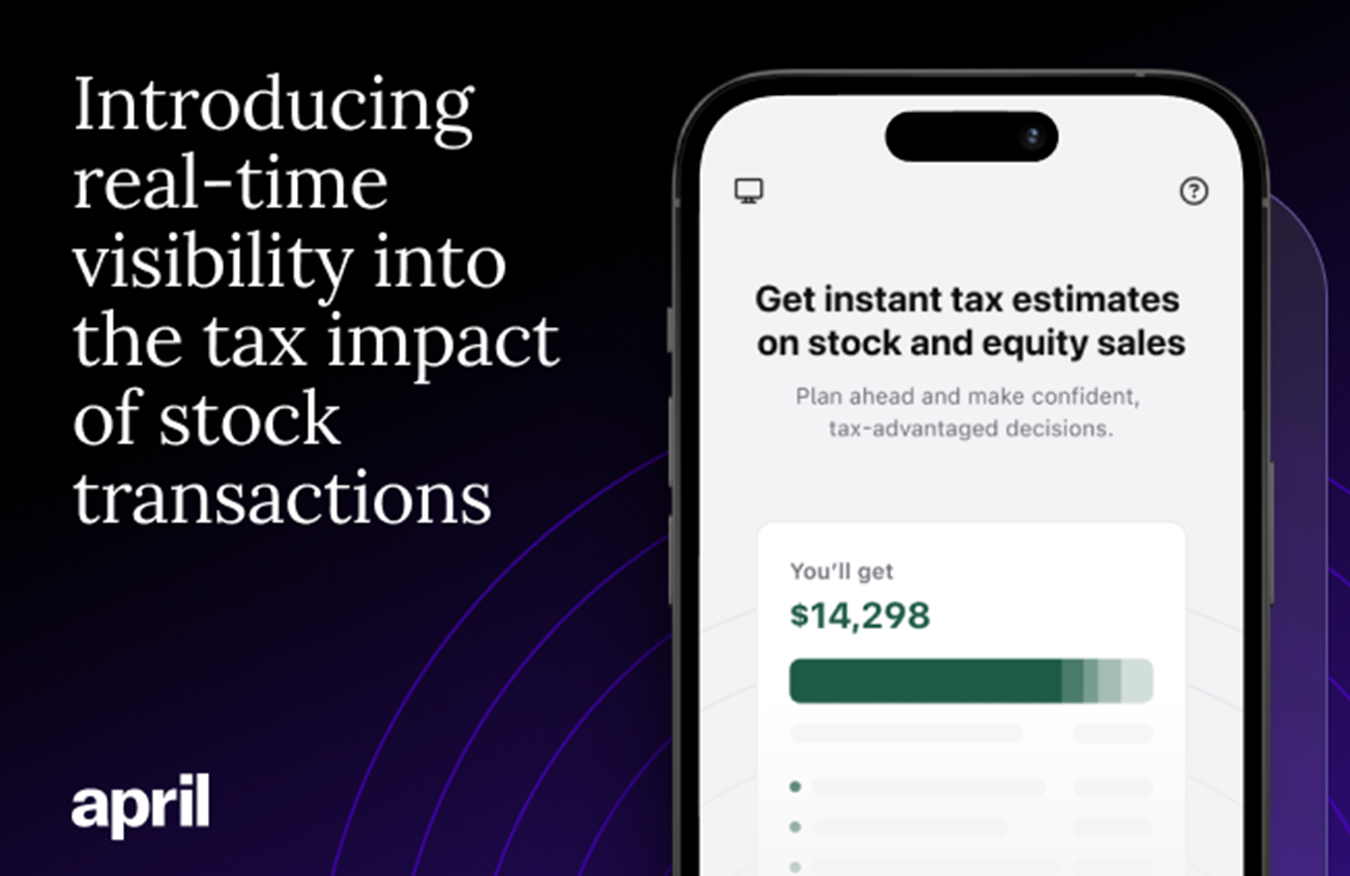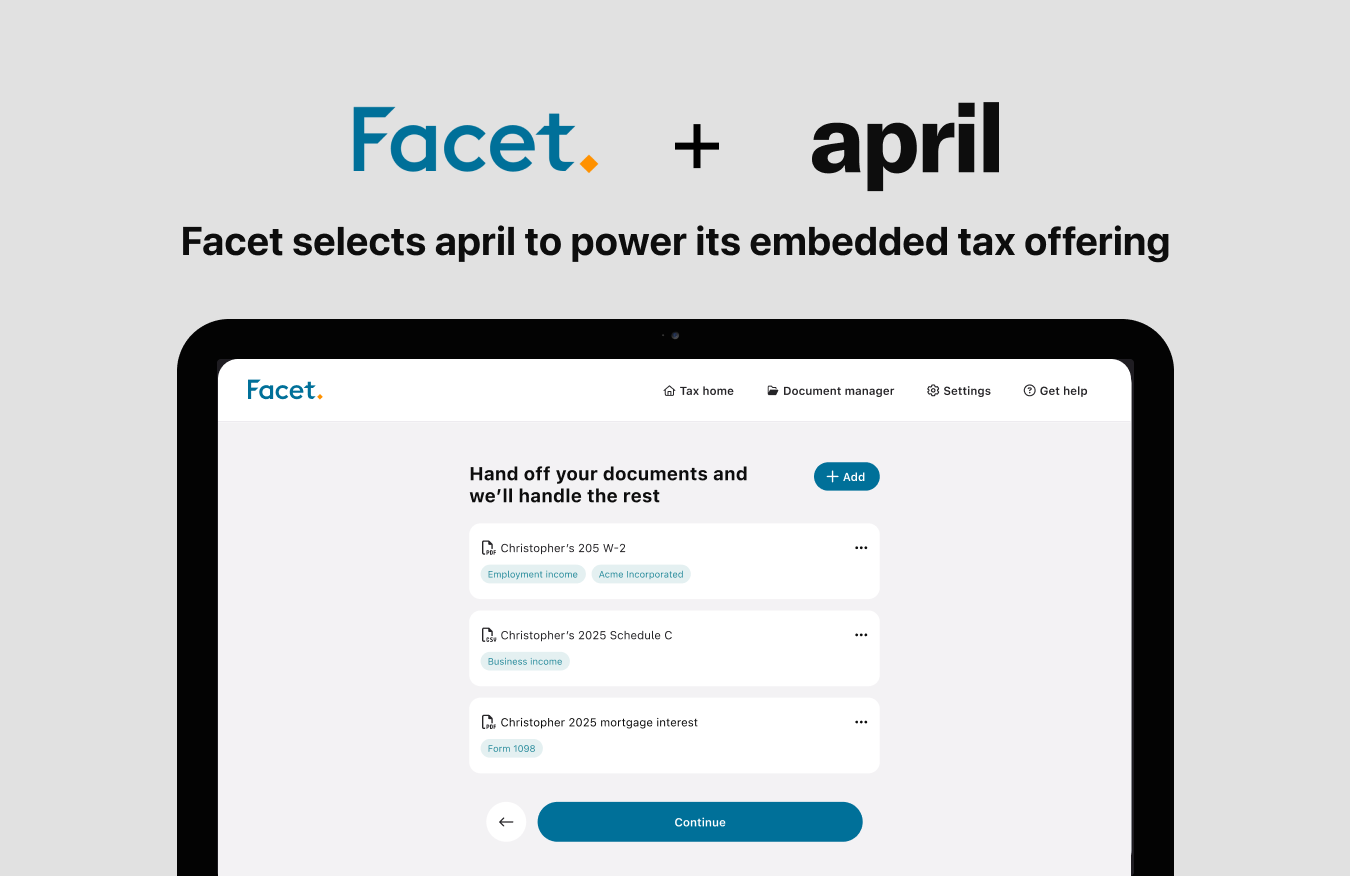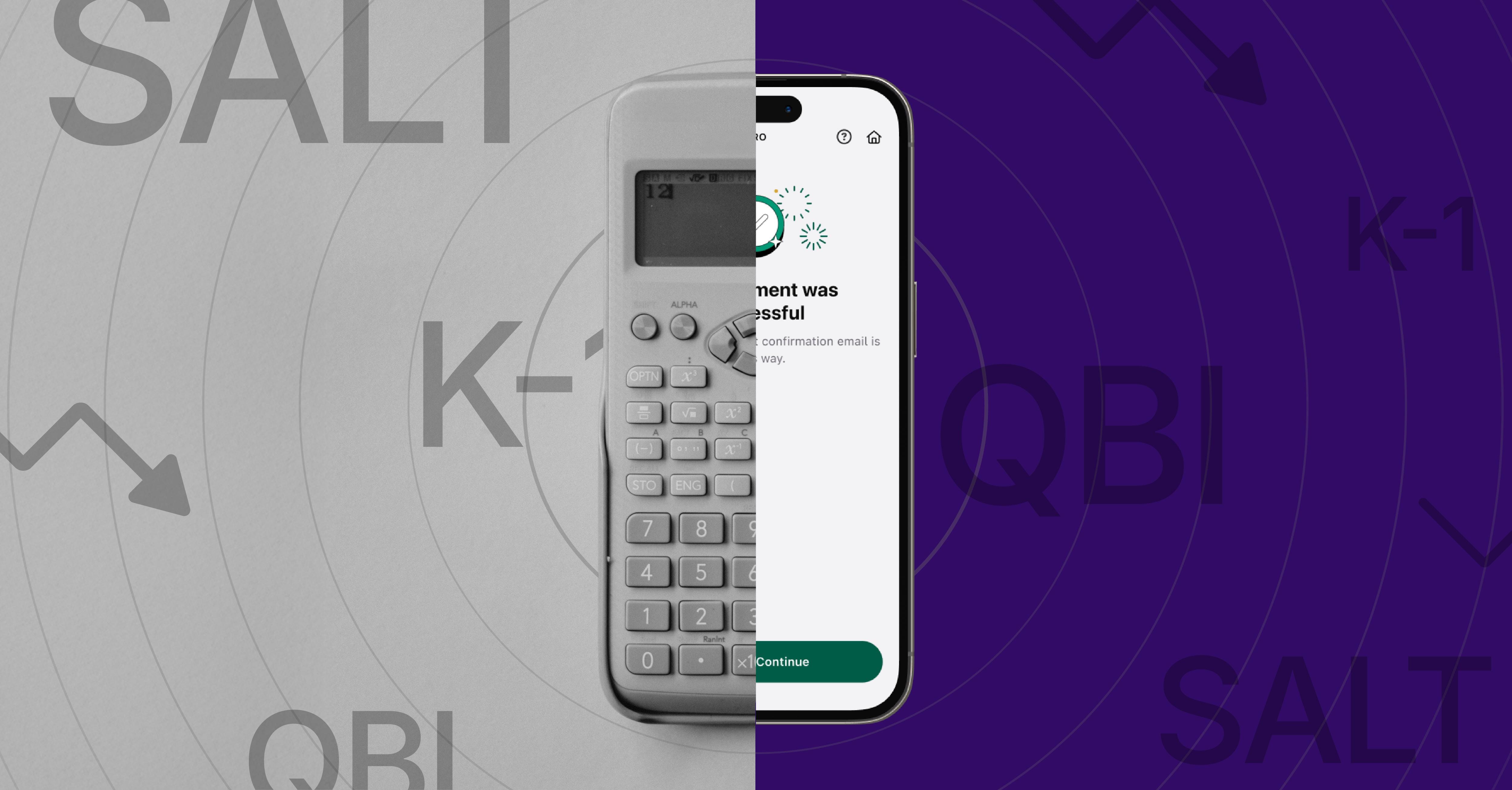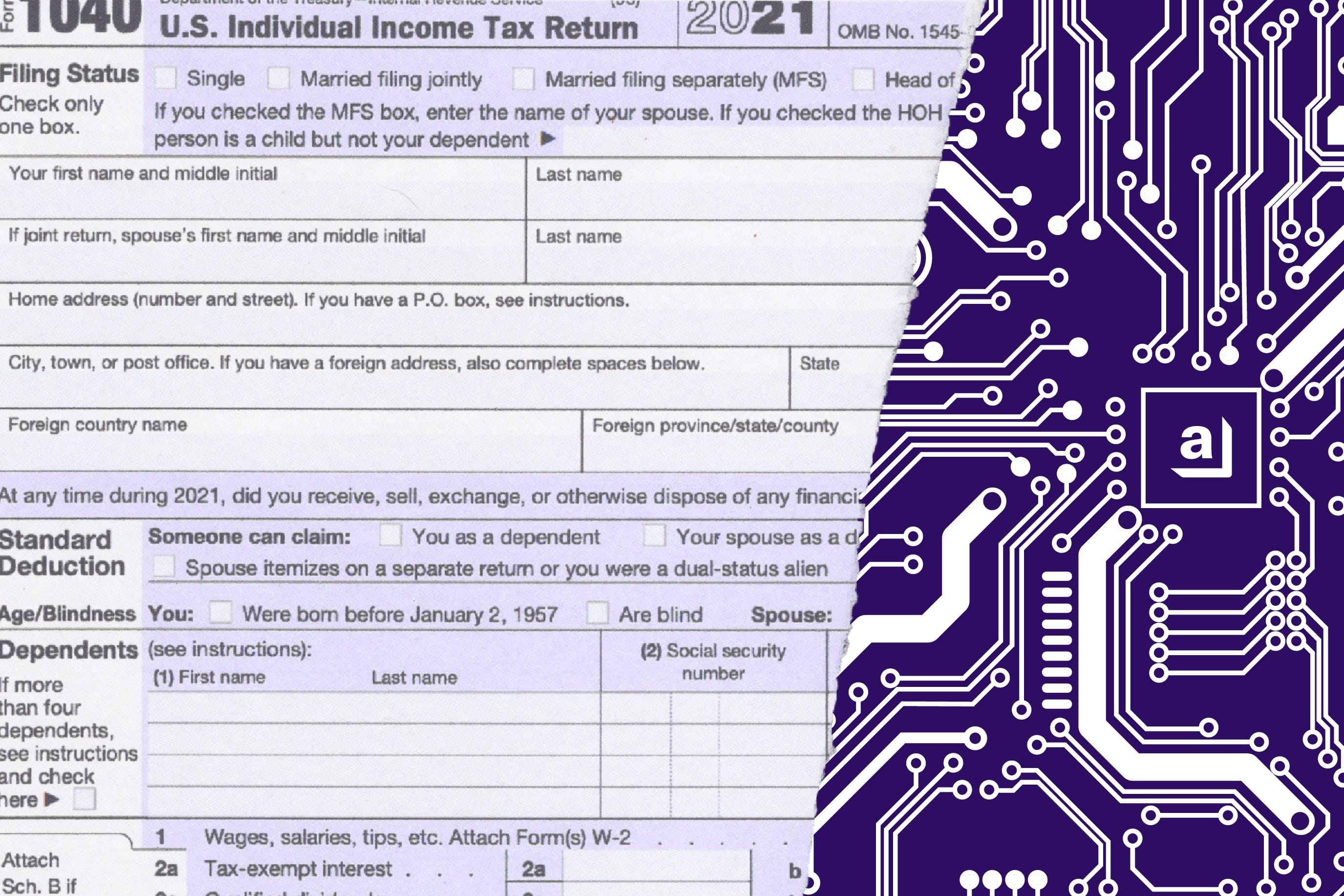Pill Text
Pill Text
Pill Text
Pill Text

Congress recently passed a $1.7 trillion omnibus appropriations bill to avert a government shutdown. While “omnibus” sounds like a new character in a Transformers movie, reality is better than fiction. Omnibus spending bills are smaller bills combined into one colossal package leading to multiple changes that can come into effect over a period of time.
In this dramatic love-of-tax story, two political parties found a “glass slipper” of an agreement and signed a 4000+ page package that incentivizes Americans to save for retirement. This bill increased the ways people can fund their retirement accounts, save on taxes if they ever need to withdraw for an emergency, and in some cases help people pay their student loans off faster.
This evolution of contributions and distributions will give mid to low income people a higher chance of securing a better financial future. By increasing the ways retirement accounts can get funded, but decreasing the penalty if someone needs to access money quickly, people can remain financially stable even in the midst of a catastrophe. Here is the summary of significant changes that came from this bill.
TL:DR;
- Match program for student loans — Many people who have to make student loan payments can now get matching contributions into certain retirement funds.
- Increased contribution limits — For people above 50, Congress increased how much they can add to their IRA annually.
- Penalty-free withdrawals — Some people will have emergency plans built into their IRA, making it easier to withdraw emergency money without a penalty.
- Automatic enrollment into retirement plans — People will be eligible for 401k plans earlier than ever with their employer; new employees can start saving a little faster.
- Modification to SIMPLE IRAs to accept Roth contributions — Companies can now match Roth IRA contributions, meaning their employers can match their after tax contribution to their IRA.
- Online lost and found for long-forgotten pension benefits — For people who misplaced information to a 401K, they’re creating a lost and found network to help them find it.
- Expanded Savers Credit — Congress just expanded who will qualify for the savers’ credit and created another way to fund a retirement account.
- What’s the news on the child tax credit? — The child tax credit was not included in this bill, so families will have to wait and see if they’ll get anything additional this year.
Student Loans
Borrower Assistance
Starting Jan 1, 2024
People who are making student loan payments but aren’t contributing to their retirement can rest a little easier. Employees can receive matching contributions to their 401k for every payment they make on their student loans. For people who are working for participating employers, they can now pay off student loan debt without completely sacrificing their retirement.
Why this matters:
- Before, people who met certain criteria were given a savers credit, meaning they received a deduction on their taxes and could potentially get a larger refund for contributing to their 401k.
- Now, In the instance that the employer is the only one making a 401K contribution, some taxpayers may no longer qualify for the savers credit resulting in a lower tax refund.
IRAs
People 50+ can catch-up their Traditional IRAs faster
Starting Jan 1, 2025
Every individual with a Traditional IRA can contribute $6,500 per tax year (until April 15th), but people over 50 are allowed a $1,000 catch-up, meaning they can contribute $7,500. In 2025, the catch-up will no longer be limited to a flat $1,000 a year, and the amount people 50 years and older can contribute annually will increase based on inflation.
Why this matters:
- People age 50+ who contribute to traditional IRAs can deduct more from their taxable income which could result in a lower tax bill.
Keep in mind that ROTH IRAs do not get this benefit.
Penalty-free withdrawals
Starting Jan 1, 2024
People will be allowed one penalty-free withdrawal per year for immediate financial needs due to a personal or family emergency. The old rule allowed someone to take a hardship distribution without a dollar limit, but it had to be for very specific reasons. The new rule is for “family emergencies,” which is a broader category, but there’s a dollar limit of $1000.
Why this matters:
- People in a financial crisis can access their money for free, and the withdrawal process should be faster and easier because it may require a less strict approval process.
Keep in mind, if people under the age of 59 1/2 withdraw over $1000, there is a 10% penalty on the amount withdrawn, and they have to pay tax on any of the gains.
Automatic enrollment in retirement plans
Starting Jan 1, 2025
If an employer offers 401(k) or 403(b) plans to their employees, they will be required to automatically enroll their employees in their program as soon as they are eligible. Some companies have longer waiting periods, but this bill would decrease that time and make employers start contributing to these accounts as soon as possible. In most cases, the automatic enrollment amount starts at 3%, but no more than 10%.
Why this matters:
- Employees can start depositing into a 401k as early as 30 days, which means people can build their retirement accounts quicker.
Modification to SIMPLE IRAs to accept Roth contributions
Starting Jan 1, 2023
Some contribution plans such as 401Ks will now allow people to receive matching contributions on a Roth basis (after tax). Today, if a company has a matching contribution program, it’s on a pre-tax basis. Companies did not offer a match for Roth contributions. Now companies can offer both pre-tax and after tax contributions.
Why this matters:
- When people make Roth contributions, they can withdraw their money tax free because the taxes were already taken out before it was invested.
Pensions
Online lost and found for long-forgotten pension benefits
Starting Jan 1, 2024
A budget has been set to create a national online lost and found for American retirement plans. This will help millions of people who lost track of their retirement plans when changing jobs.
Why this matters:
- People can roll over their misplaced retirement plans into their current one tax free. They won’t have to pay taxes on it unless they cash out.
Pension-Linked Emergency fund
To be determined
A new “emergency” supplemental account can be linked to a retirement account. Employers may automatically opt employees into these accounts at no more than 3 percent of their salary with a maximum contribution amount of $2,500, and employees can tap into this account four times a year.
Why this matters:
- Previously, hardship withdrawals were the only way someone could withdraw money from their IRA early, and there was a 10% penalty. This supplemental account allows someone to tap into their money multiple times a year without penalty.
Tax Credits
Expanded Savers Credit
Starting Jan 1, 2027
The savers credit is for mid and low-income taxpayers who contribute to a retirement account.
It’s a deduction that could be worth up to $1,000 ($2,000 if married filing jointly). Before, someone could receive a credit for 10%, 20% or 50% of the maximum contribution amount, depending on their filing status and adjusted gross income.
This bill expands who qualifies for the saver’s credit, and the credit has been increased to 50% , but the credit will no longer be included in tax refunds. Instead, the IRS will make a matching contribution directly to the taxpayer’s retirement account.
Why this matters:
- The credit used to be refundable, but since the IRS is depositing the money directly to retirement accounts. An individual’s tax refund could get a little smaller, but the money will be invested for their future.
What was missed and what’s next?
Child Tax Credit
For families, the CTC payments in 2021 provided them with monthly financial assistance and cut the monthly child poverty level by roughly 30%. For now, the CTC reverts back to 2020 levels which would be $2,000 per child instead of $3,000. We’ll have to wait to see if the people who were recently elected on capitol hill will push the conversation.
This content is provided for informational purposes only and should not be construed as tax, legal, financial, or other professional advice. Rules and regulations vary by location and are subject to change, so please consult with an expert if you need specific advice.
Related Content
Related Content
Related Content
Related Content
There's more where this came from



